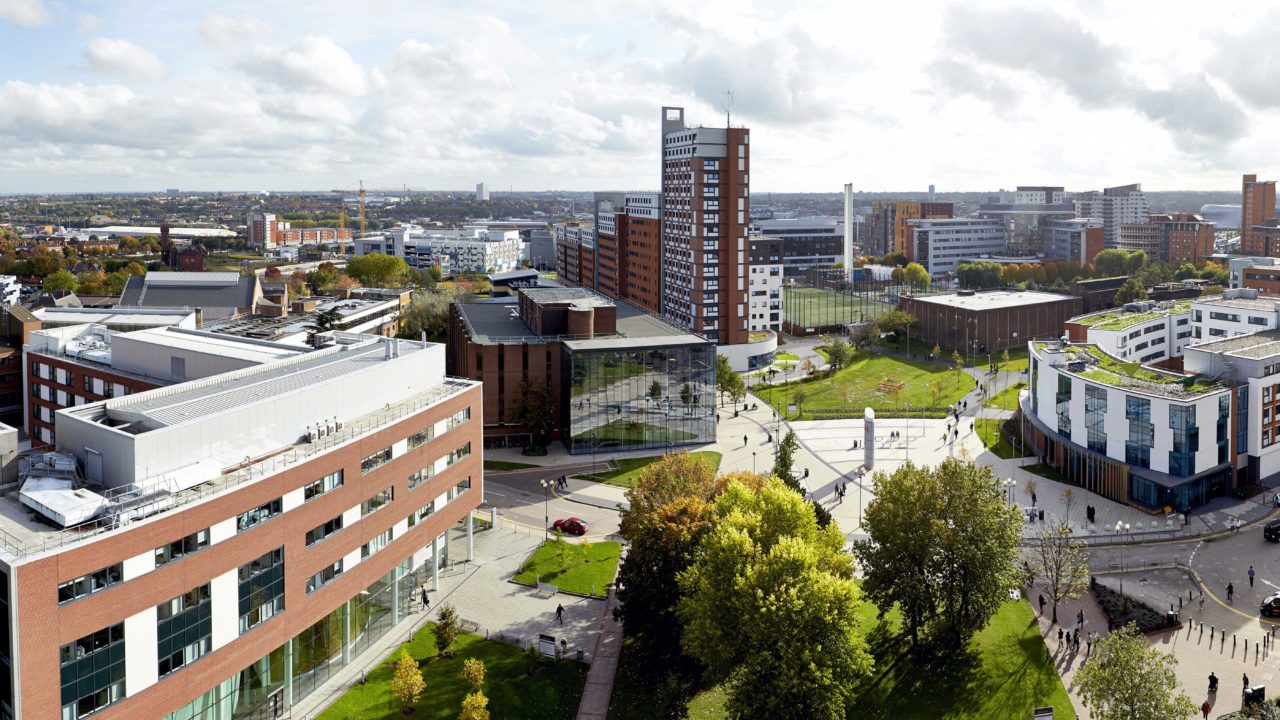There’s Never Been So Much Change
Graham Donelan, University Secretary at Liverpool Hope University, reflects on the seeds of change that were sown in 2016, and encourages us to look ahead with renewed purpose and energy for achieving our universities' missions in 2017.


In the opening lecture of the MBA in Higher Education Management at UCL Institute of Education, Mike Shattock, former Registrar at Warwick and then Director of the programme, provided students with a timeline of changes to HE since Robbins. Of course, there were many and Mike made the point that for each generation (or even every few years), the cry would go up “There’s never been so much change”.
Well, last year of all years will go down in the annals of HE history as one of massive change, or at least one where the seeds of change have been sown. The quality assurance framework has been totally overhauled, the Teaching Excellence Framework has been introduced, HEFCE is on its way out, the HE and Research Bill is threatening institutional autonomy and in theory the degree awarding powers and University title of chartered institutions. Add to that Stern’s proposed changes to the REF (which might lead to a new hierarchy as all staff must be submitted in the next exercise), a likely tightening of the Home Office’s grip on visas for international students, and of course the massive uncertainty and potential impact of the UK’s vote to leave the EU…well, you get the message.
I have been re-watching Yes Minister and Yes Prime Minister in recent weeks and enjoying the banter between Jim Hacker and Sir Humphrey Appleby as the tensions between the forces of conservatism and change, bureaucracy and dynamism, principle and practice more often than not result in a compromise that determines government policy, or at least its implementation. It has made me reflect that whilst we in Universities end up seeing the finished product of policy decisions, they are more than likely the result of similar compromises and in that way, probably imperfect solutions.
In each of the major areas we are currently seeing debated, it is unquestionable that not everything the sector wants will be delivered and unlikely that the government will get its way in all cases either.
In the days following the election of Donald Trump to be President of the USA, Pat Maguire, the President of Washington Trinity University, exhorted her fellow Presidents of Universities and Colleges in the USA to “stop whining and raise a voice for justice”. The opening lines of her article in The Chronicle could just as well apply to the UK when she wrote:
“As shocking as Donald Trump’s victory [the EU Referendum result/the TEF/the new QA framework/Prevent – delete as appropriate for UK readers] has been for many of us in academe, maybe it can have the salutary effect of blasting higher education out of its chronic self-absorption, forcing collegiate leaders to reclaim the public intellectual leadership we once exercised for the nation. Too often, in recent years, the collegiate voice has been an outcry against too much governmental regulation rather than a call to create social change for the greater good.”
As we start a New Year and some of us make resolutions (which we usually break in a few days), why don’t we try and be less self-absorbed, stop worrying about the minutiae of change, and manage the new government policy and regulation that is sure to come?
Instead, we should focus our energies on “creating social change for the greater good” through delivering our universities’ missions to teach, research and make a difference to our communities? Because you know, dear reader, that come 2018 or 2020, the cry will go up again “there’s never been so much change”.
Image: Aston University new campus, Aston University. Picture by Edward Moss www.edwardmoss.co.uk.
